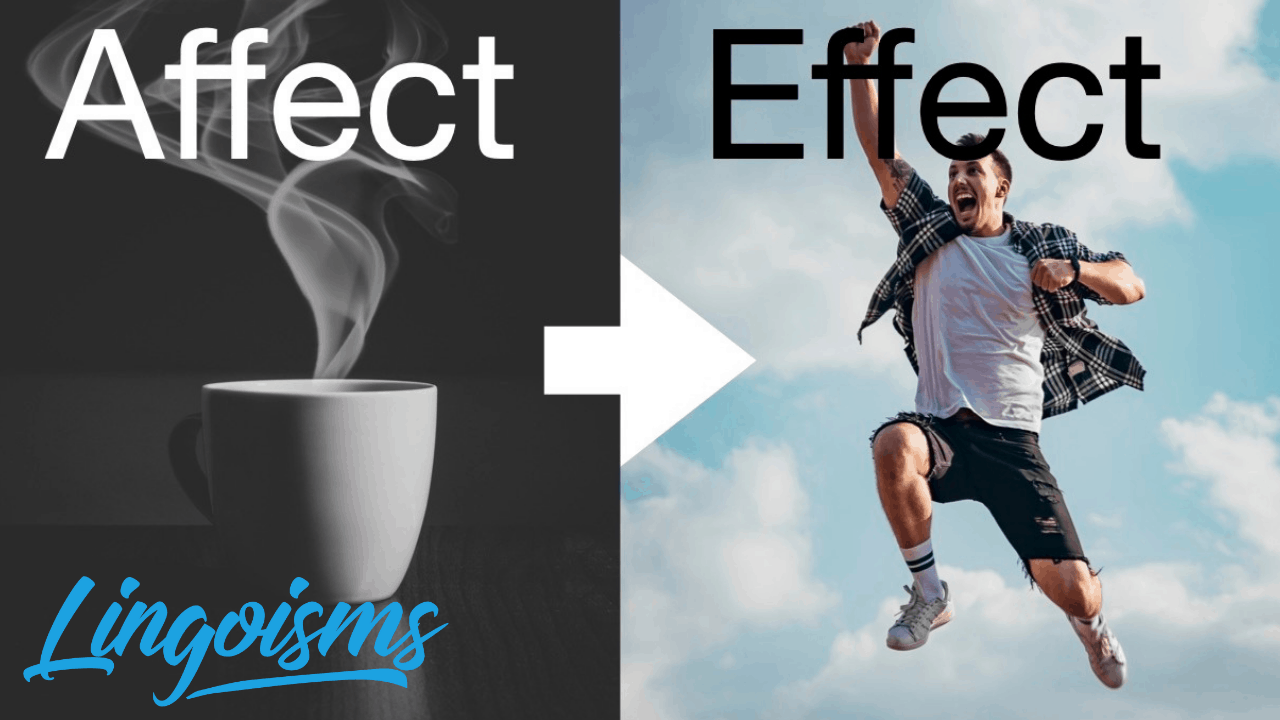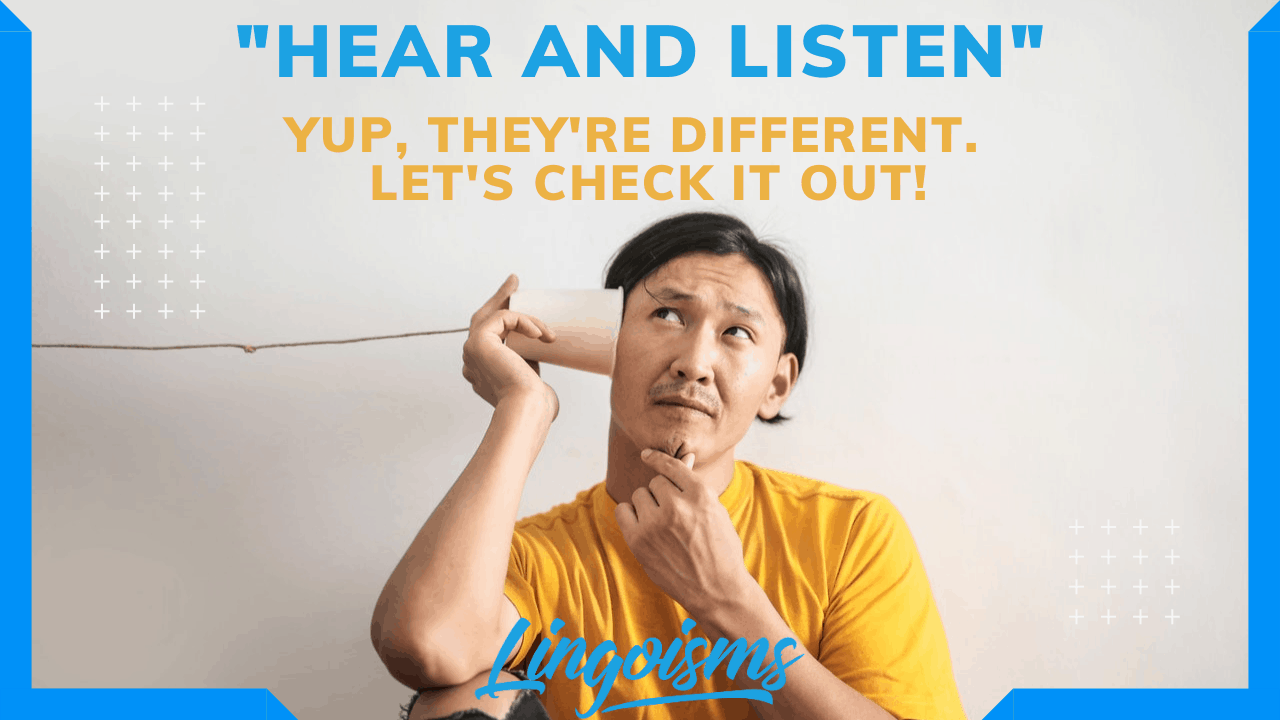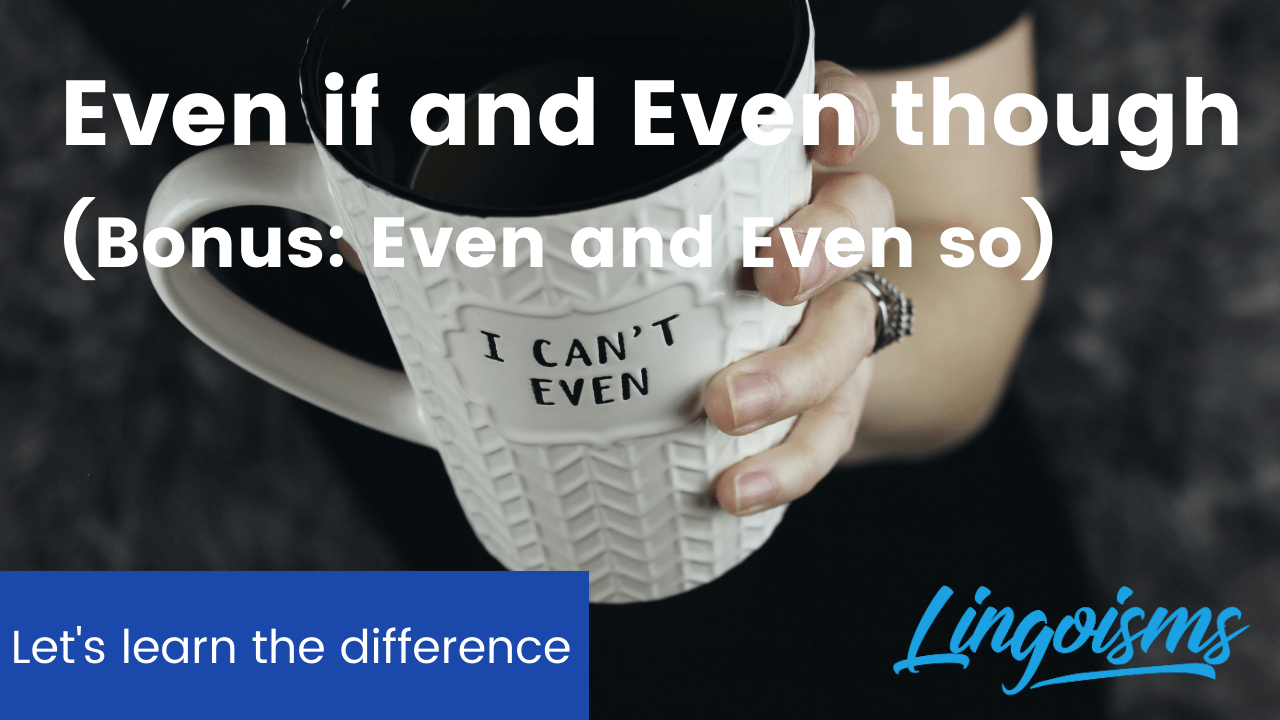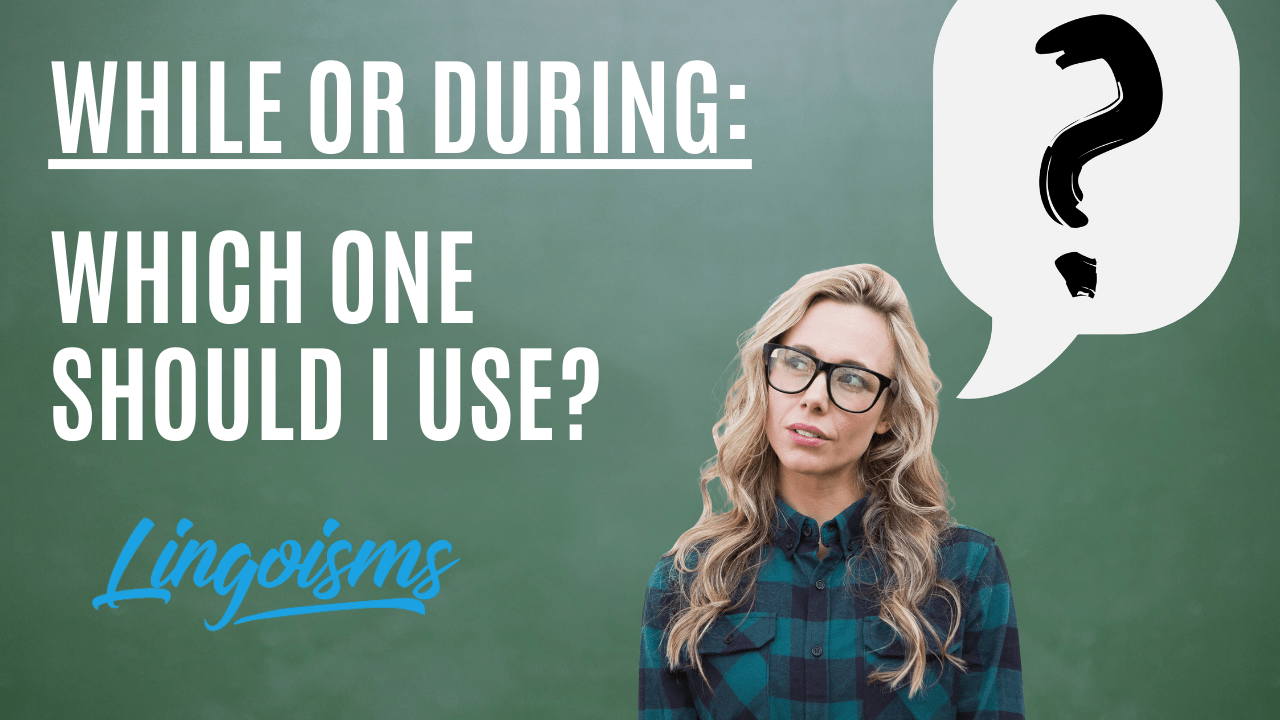We are going to learn about a tricky [hard] grammar point today that even has many native English speakers stumped [confused] a lot. We are going to look at what’s the difference between affect and effect. (There is a quiz at the bottom so read through carefully).
It’s tricky to understand which word to use for 2 main reasons. One is that they sound very similar. Secondly, they are both used as verbs and nouns sometimes. Hmmm…so how do you know which word to use and when?
Well, first let’s start with a basic definition of each.
How to use affect...
Affect is usually used as a “verb” and it means “to change,” “to alter,” or “to influence” something.
eg. Staying up late and not getting enough sleep the day before your test will negatively affect your score.
- The action of staying up late and not sleeping changes [affects] your score in a bad way. The result is you will get a bad score.

Here are a few more examples:
- Every year hurricanes affect the east coast of the United States by causing a lot of damage and flooding.

- The wind affected my golf shot.
- The tides [changing sea and ocean levels] are affected by the pull of gravity from the moon.
How to use effect...
Effect is usually a “noun” and is the result of a change or some kind of influence.
eg. The effect of not getting enough sleep the day before my test was getting a low score and feeling upset.
- you didn’t get enough sleep so the result [effect] is a low score

Here are a few more examples:
- The effect of drinking a lot of coffee is that you can stay awake longer.
- Eating too much sugar has a negative effect on your body.
- You can use photoshop to add interesting effects to your photos.

But be careful! There are exceptions to the rule.
Sometimes affect can be a “noun” and sometimes effect can be a “verb.” Let’s look at a couple examples.
Affect as a noun is used to talk about a feeling, an emotion or an emotional response to something.
eg. Having a bath at night has a calming affect on me before I sleep.

Effect is used as a verb to mean “bring about” or “cause”. It is also sometimes used with the noun “change.”
- To effect change in government policies some people create petitions [a formal request signed by many people who agree] and get thousands of people to sign.
A quick summary
If you want to to talk about a change something has on something else, then you are probably going to use the word “affect.”
If you want to talk a result of some action or change, then you are probably going to use the word “effect.”
Quiz (answers at the bottom)
1. What is correct about “affect”?
a. It is only a noun.
b. It is only a verb.
c. It is usually a noun and sometimes a verb.
d. It is usually a verb and sometimes a noun.
2. What is correct about “effect”?
a. It is only a noun.
b. It is only a verb.
c. It is usually a noun and sometimes a verb.
d. It is usually a verb and sometimes a noun.
3. Which statement is correct?
a. The terrible weather this month has had a bad effect on my mood.
b. The terrible weather this month has had a bad affect on my mood.
4. Which statement is correct?
a. I was nervous because of the large crowd and it effected my performance.
b. I was nervous because of the large crowd and it affected my performance.
5. Which one is correct?
a. How can you effect positive change in your company policy?
b. How can you affect positive change in your company policy?
6. Which statement is correct?
a. Failing my test had a depressing effect on me for the past 2 weeks.
b. Failing my test had a depressing affect on me for the past 2 weeks.
Answers: 1. d 2. b 3. a 4. b 5. a 6. b
What about you?
What are some things that have affected you this year? What effects did those things have on you?
Please leave your comments below.
As always, thanks for reading!









